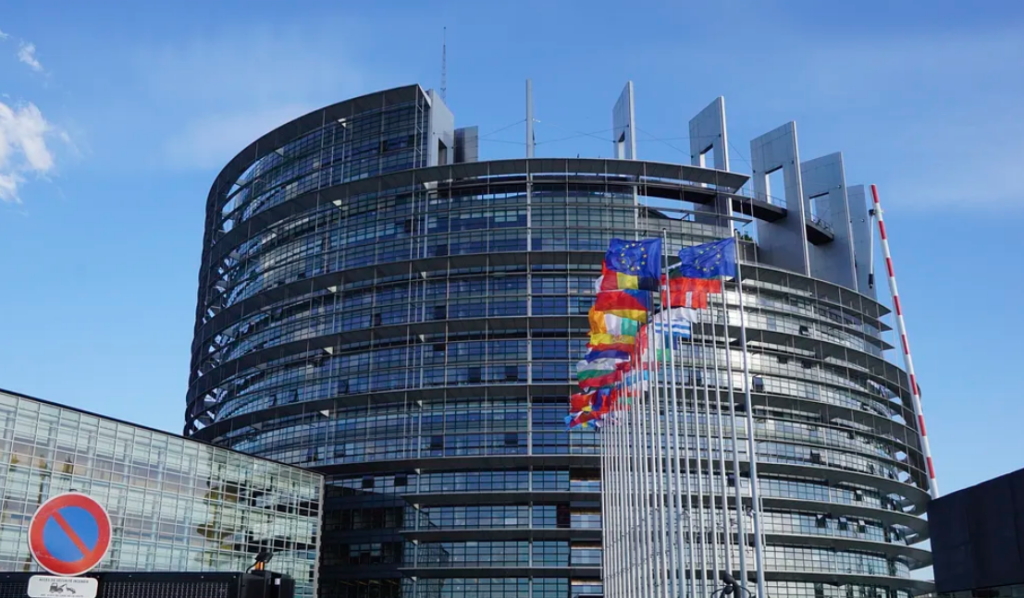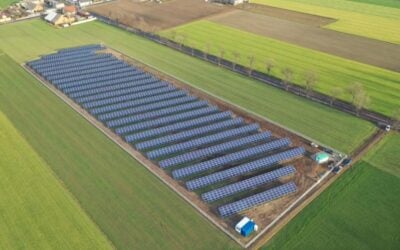
The EU has approved a plan by the government in Greece to put €341 million (US$339.5 million) towards a 900MW energy storage pipeline, under its state aid rules.
The European Commission, the EU’s executive arm, has approved the Greek state’s measure to fund the construction and operation of grid-connected energy storage systems totalling 900MW.
Enjoy 12 months of exclusive analysis
- Regular insight and analysis of the industry’s biggest developments
- In-depth interviews with the industry’s leading figures
- Annual digital subscription to the PV Tech Power journal
- Discounts on Solar Media’s portfolio of events, in-person and virtual
The projects will be selected through a competitive bidding process, with contracts awarded by end-2023 and projects completed by end-2025.
The state aid, which will total €341 million, will be in the form of an investment grant to the projects during construction followed by annual support during the first 10 years of operations. The funding equates to €380,000/MW.
It will partly be funded by Greece’s portion of the EU-wide Recovery and Resilience Plan, the program to mitigate the negative economic effects of the Covid pandemic.
The competitive tender will determine the annual support for each project, and will be adjusted through a clawback mechanism if the energy storage units garner excess market revenues.
The Commission approved the state aid for the projects because it found that the storage projects ‘..would not be carried out without public support’. Greece is targeting cumulative energy storage deployments of 3GW by 2030, after it recently doubled its target.
“Increasing available electricity storage capacity in the system is key to make grids more flexible and better prepared for a future in which renewables form the backbone of the decarbonised electricity mix,” said Commission executive vice-president Margrethe Vestager, in charge of competition policy, .
“The Greek aid measure we have approved today, which will be partly funded by the Recovery and Resilience Facility, will contribute to the development of competitive markets for electricity system services, while helping Greece meet its emission reduction targets.”
New EU guidelines on state aid were brought in from January 2022, which aim to create a flexible enabling framework to help member states provide the necessary support to reach the objectives of December 2019’s Green Deal, when the EU declared its objective to become the first climate neutral continent by 2050.
Greece has a number of interesting market drivers for energy storage, according to renewable energy consultancy Clean Horizon’s Corentin Baschet in an interview with Energy-Storage.news, including strong government support.






